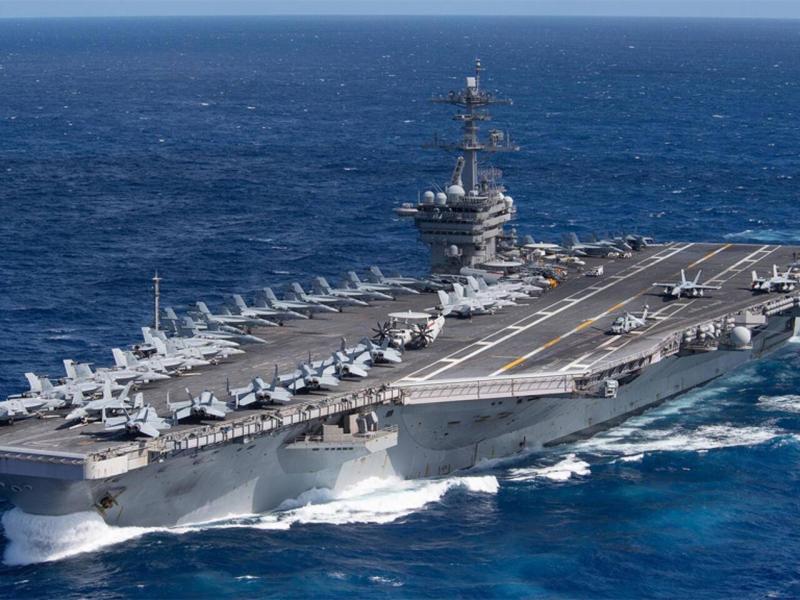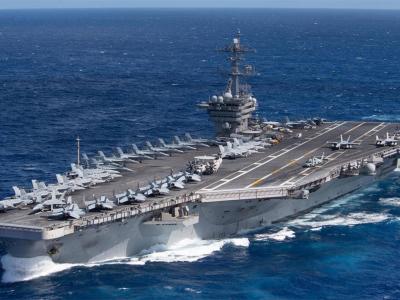Whether the Gaza war remains within its limited geographical scope or expands to other fronts, notably the Lebanon front, the calculated outcome will remain the same in either case: constraining the two parties to the conflict, Israel and the Palestinian organizations, due to their battlefield, psychological, and material exhaustion, which will make it easier to coax them toward a path of peace. It is clear that Israel, after this war, will not emerge with its previous might and expansionist projects, nor will it continue to reject proposed solutions based on the Arab Peace Initiative (Beirut 2002), even if it achieves a military victory in the war with global U.S. support.
A significant strategic matter has broken in Israel, both militarily and politically, and it can no longer be repaired, as its ability to refuse has greatly diminished across all its governmental configurations, whether extreme, moderate, or in emergencies and national unity. The American savvy in exploiting its coercion for the purpose of translating settlement proposals and facilitating the foundations of a solution cannot be dismissed, under the slogan of "sometimes misfortune can be beneficial," in the context of the invasion of border settlements.
Perhaps Washington is secretly pleased with the slap Tel Aviv received and is politically comfortable with the anticipated Israeli compliance following the shock of October 7, and the expected flexibility in accepting the terms for exiting the quagmire on the road to normalization and a settlement regarding the establishment of a Palestinian state.
As for Hamas, it is destined for shrinkage and constraint, thus losing its emergency military giants, its escalating political influence, and its decision-making authority in war, along with Islamic Jihad and less significant factions. The decision would then return to the Palestinian legitimacy in Ramallah after its political reconnection with Gaza, and its reformulation to align with engagement in the new, likely permanent settlement that would justly address Palestinian rights.
With the constraining of Hamas and other rejecting organizations, the influence of Iran, Hezbollah, and other arms decreases correspondingly, especially after the "Wilayat al-Faqih"'s confusion about engaging in or abstaining from war, exposing it to Palestinians, Arabs, and the world as an opportunistic investment performance in the Palestinian cause, reduced to mere loud slogans during the intensification of conflict, under the pressure of pragmatic calculations. This hesitation was evident in Hezbollah's restrained responses despite losing dozens of its members in two weeks.
It is true that the prospects for the political landscape that will emerge from the war remain murky, and it is difficult to envision the final geographical and demographic maps; however, it is likely that the ongoing war is the last one and can be termed a "War of Peace," as no one can bear the reproduction of a new war after a temporary truce, as in recent years—not the Palestinians, nor Israel, nor the Arabs, nor Iran, nor the rest of the world. Three-quarters of a century of wars, death, and destruction have burdened and exhausted all parties. It is not feasible for killing to continue for a thousand years, nor can one rely on Israel's slogan of eliminating Palestine, nor on the slogan of "resistance" calling for Israel's removal from existence. The solution rests on the rubble of both slogans.
The hour to reach the end of the tunnel has come, even if through the channels of blood and tears and the memory of tragedies. If the Lebanese experience is unstable based on Georges Naccache's saying: "the two negations do not create a nation" (March 10, 1949), perhaps the experience of Israel and the Palestinians will succeed and stabilize on the basis of: "the two constraints that create a solution" or peace. No one should underestimate the dual constraint currently occurring, to lead the Israeli camel and the Palestinian horse through the narrow passage leading to the open path of peace.




